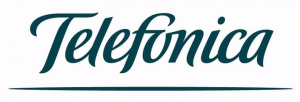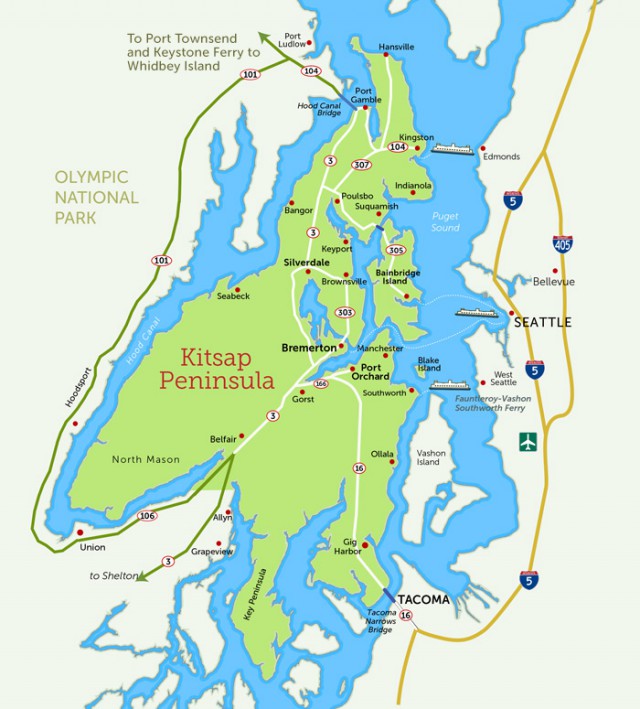 Charter Communications today officially announced it will acquire control of Bright House Networks in a $10.4 billion deal the two companies are calling a “partnership.”
Charter Communications today officially announced it will acquire control of Bright House Networks in a $10.4 billion deal the two companies are calling a “partnership.”
Widely anticipated, the deal will help Charter in its quest to become the second largest cable operator in the country, up from fourth place.
Bright House is the sixth largest cable operator, serving almost two million video customers in central Florida including Orlando and Tampa Bay, as well as Alabama, Indiana, Michigan, and California.
The deal will establish a partnership between Charter and Bright House’s current owner, Advance/Newhouse. But nobody will doubt who is in charge. Charter will own 73.7% of the venture, leaving the Newhouse family with a minority share of 26.3%. Bright House shareholders will receive shares of New Charter stock.
 The deal is partly contingent on Time Warner Cable, which has a right to acquire Bright House for itself as part of a long-standing partnership between the two cable companies on programming and technology matters. But such an acquisition now seems remote, considering Time Warner Cable remains tied up in its year-long effort to be acquired by Comcast. An even larger Time Warner Cable would further complicate that transaction in Washington, where regulators are clearly concerned about supersizing Comcast. Since some regulators count Bright House customers as de facto Time Warner Cable customers, having Bright House acquired by Charter would seem to reduce Comcast’s influence over American broadband and cable television by cutting its combined market share from 29 to 27 million subscribers.
The deal is partly contingent on Time Warner Cable, which has a right to acquire Bright House for itself as part of a long-standing partnership between the two cable companies on programming and technology matters. But such an acquisition now seems remote, considering Time Warner Cable remains tied up in its year-long effort to be acquired by Comcast. An even larger Time Warner Cable would further complicate that transaction in Washington, where regulators are clearly concerned about supersizing Comcast. Since some regulators count Bright House customers as de facto Time Warner Cable customers, having Bright House acquired by Charter would seem to reduce Comcast’s influence over American broadband and cable television by cutting its combined market share from 29 to 27 million subscribers.

The Charter Sucks website could soon be getting more traffic.
But Charter is also dependent on the Comcast deal closing, because that transaction delivers Charter another 2.5 million Time Warner and Comcast castoffs that will be sold service under the brand GreatLand Connections. The combination of those subscribers and Bright House will make Charter the second largest cable operator in the country.
Unfortunately for customers, Charter isn’t even close to second place in customer satisfaction or service. Beyond the very active Charter Sucks website, every consumer satisfaction measurement firm places Charter substantially below average in service, satisfaction, and pricing. Bright House scored on the high side.
“From the frying pan into the fire,” lamented Sam Pama, a former Bright House customer turned FiOS fan in Tampa. “First Frontier bought Verizon FiOS in Florida and now Charter is buying Bright House. Both treat their customers like crap.”
One piece of good news: Charter quietly shelved their usage caps months ago and Frontier has only toyed with them in the past, taking significant heat from Stop the Cap! before backing off. Neither are expected to slap usage limits or usage billing on customers in the foreseeable future.


 Subscribe
Subscribe After Comcast customer Conal O’Rourke spent more than a year trying to get the cable company to stop overbilling him, Comcast allegedly got their revenge
After Comcast customer Conal O’Rourke spent more than a year trying to get the cable company to stop overbilling him, Comcast allegedly got their revenge 

 Spanish telephone company Telefónica knows the days of traditional ADSL broadband are numbered, so the company is junking its copper wire network and upgrading customers to fiber broadband at no extra charge.
Spanish telephone company Telefónica knows the days of traditional ADSL broadband are numbered, so the company is junking its copper wire network and upgrading customers to fiber broadband at no extra charge. A Washington state man who just moved into his new home is now being forced to consider selling it to somebody else because Comcast repeatedly misled him about its ability to provide service.
A Washington state man who just moved into his new home is now being forced to consider selling it to somebody else because Comcast repeatedly misled him about its ability to provide service. Four of his options were wireless carriers that don’t provide a strong signal to his home or charge obscenely high prices for usage capped Internet access. ViaSat was on the list promising up to 25Mbps, but ViaSat satellite customers can testify the actual speeds received are much slower, and do not reliably support the VPN access Seth required.
Four of his options were wireless carriers that don’t provide a strong signal to his home or charge obscenely high prices for usage capped Internet access. ViaSat was on the list promising up to 25Mbps, but ViaSat satellite customers can testify the actual speeds received are much slower, and do not reliably support the VPN access Seth required.